Discover KickBack - The Global Anticorruption Podcast
KickBack - The Global Anticorruption Podcast

KickBack - The Global Anticorruption Podcast
Author: KickBack
Subscribed: 85Played: 2,426Subscribe
Share
© All rights reserved
Description
This podcast series features in-depth interviews with a wide range of corruption experts, on questions such as:
What have we learned from 20+ years of (anti)corruption research?
Why and how does power corrupt?
Which theories help to make sense of corruption?
What can we do to manage corruption?
How to recovery stolen assets?
What have we learned from 20+ years of (anti)corruption research?
Why and how does power corrupt?
Which theories help to make sense of corruption?
What can we do to manage corruption?
How to recovery stolen assets?
111 Episodes
Reverse
The journalist Tom Burgis speaks to Prof. Liz Dávid-Barrett about his work investigating corruption across different continents. Tom talks about he got into journalism and what goes into researching these books. His books cover what Tom calls the rise of kleptocracy since the end of the Cold War. The latest - Cuckooland - grapples with some of the challenges for journalists in scrutinising public figures in a 'post-truth' society.
Richard Nephew, the US Department of State's Coordinator on Global Anti-Corruption, speaks to Liz Dávid-Barrett (Centre for the Study of Corruption) about the US strategy on countering corruption. The episode explores some of the aims and practicalities involved in implementing different pillars of the strategy, including attempts to strengthen the multilateral anti-corruption architecture. Richard and Liz also talk about the key outcomes to emerge from the recent UN Conference of the States Parties to the United Nations Convention against Corruption (UNCAC), hosted in the US.
Below are links to some of the key documents discussed in the episode.
US Strategy on Countering Corruption: https://www.whitehouse.gov/wp-content/uploads/2021/12/United-States-Strategy-on-Countering-Corruption.pdf
Strategy Implementation Plan: https://www.state.gov/wp-content/uploads/2023/09/U.S.-Strategy-on-Countering-Corruption-Implementation-Plan-9.5.2023-FINAL.pdf
Fact Sheet on the Strategy: https://www.whitehouse.gov/briefing-room/statements-releases/2021/12/06/fact-sheet-u-s-strategy-on-countering-corruption/
In this episode Gretta Fenner (Managing Director, Basel Institute on Governance) and Daniel Eriksson (CEO, Transparency International) talk to Liz Dávid-Barrett (Centre for the Study of Corruption) about the links between corruption and national security issues. The episode follows from the Munich Security Conference where Daniel and Gretta raised the issue of corruption as a key policy concern. The group discuss the new global context of heightened insecurity and the implications this has for those working to counter corruption.
Liz also asks Daniel and Gretta about "strategic corruption", defined in the US Strategy on Countering Corruption as "when a government weaponizes corrupt practices as a tenet of its foreign policy". This is a term which has gained significant policy attention. It however raises questions as to whether using the term involves anti-corruption campaigners "picking sides" in this new context of global insecurity .
Alison Taylor, Clinical Associate Professor at NYU Stern School of Business, speaks to Prof. Dan Hough (Centre for the Study of Corruption) on the topic of business ethics.
Alison talks about her early career investigating corruption by businesses before she moved into the broader space of corporate responsibility and business ethics. Alison describes the impact of international anti-bribery laws on businesses but also raises some questions about the corporate compliance regimes these laws have created.
Alison's new book, Higher Ground: How Business Can Do the Right Thing in a Turbulent World, looks at these and other critical questions around ethics for businesses.
In this episode, Liz Dávid-Barrett, Becky Dobson-Phillips and Dan Hough (all Centre for the Study of Corruption) talk through some of the key considerations involved in defining corruption. They begin by discussing the strengths and limitations of the mainstream public office centred definition of corruption developed by Joseph S Nye (see below). Becky then introduces a new conceptual framework for defining corruption in context. This covers different dimensions to corruption, including notable contemporary manifestations.
Aimed at students new to the study of corruption, this is the latest in Kickback's series providing introductions to important debates in the corruption field. Similar episodes on corruption theory (Episode 98) and corruption measurement (Episode 93) can be found in the tracklist.
A link to the paper discussed can be found here: https://www.sussex.ac.uk/webteam/gateway/file.php?name=csc-wp-series-dobson-et-al-defining-corruption-final.pdf&site=405
For reference, the Nye definition of corruption is as follows
“Behaviour which deviates from the formal duties of a public role because of private regarding (personal, close family, private clique) pecuniary or status gains; or violates rules against the exercise of certain types of private-regarding influence.” (Nye 1967)
Continuing our chapter on kleptocracy and state capture, this episode features Sankhitha Gunaratne, Deputy Executive Director of Transparency International Sri Lanka. She speaks to Liz David-Barrett (Centre for the Study of Corruption) about TI's work to combat state capture in the country.
The recent economic crisis in Sri Lanka has laid bare the extent to which kleptocratic actors have captured key pillars of the state. Sankhitha describes the different tactics used, including the suppression of accountability institutions and militarisation of key government positions. She then outlines TI's response, which has included the use of strategic litigation and leveraging the influence of international financial institutions.
There are lots of lessons here for understanding how state capture develops and how it is possible to fight back.
Daniel Freund is a Member of the European Parliament and former Head of Advocacy for European Union Integrity at Transparency International. In this episode he speaks to Prof. Dan Hough about the different dimensions to the EU's fight against corruption.
The discussion starts with the struggle to protect EU institutions from undue influence, a problem illustrated by Qatargate, a lobbying scandal Daniel describes as the "tip of the iceberg". Daniel also discusses challenges in building institutional resilience to corruption within potential accession countries as well as EU member states themselves. This includes thinking through some of the key challenges, such as how should the EU be responding to autocratic regimes like Viktor Orbán's government in Hungary?
Dr. Andreas Bågenholm (University of Gothenburg) and Dr. Rekha Diwakar (University of Sussex) join Prof. Dan Hough to discuss anti-corruption political parties. These parties have proliferated in different parts of the world in the last two decades. Andreas and Rekha draw on their research in Europe and India respectively to talk about where these parties come from and what they stand for. The group then look at how these parties have actually performed when they have entered into government, assessing in particular the track record of the Aam Aadmi Party (AAP) in Delhi. We learn how these parties tend to evolve over time and can even become caught up in accusations of corruption involving their own members.
In this episode Professor Dan Hough (Centre for the Study of Corruption) speaks to Professor Robert Klitgaard (Claremont Graduate University). Robert is a well-known and influential academic in the corruption field. He talks us through the origins of his ideas in applying institutional economic theory to understanding corruption issues, as originally set out in Controlling Corruption (1988). Robert then discusses other research interests and influences, including the anthropological literature on corruption and challenges related to elitism in developing and developed countries. Robert and Dan lastly talk about Robert's recent research in Bhutan and the lessons it might hold for other countries pursuing anti-corruption reforms.
Details on Robert's previous and upcoming publications are available here: https://www.cgu.edu/people/robert-klitgaard/
In episode 102 Robert Barrington (Centre for the Study of Corruption), Guy Beringer KC (Hon) (Chair of the Taskforce on Business Ethics and the Legal Profession), Liz Dávid-Barrett (Centre for the Study of Corruption) and Tena Prelec (University of Rijeka) discuss the topic of so-called 'professional enablers'. Distinguishing between legal and illegal functions, the group discuss the types of activities related to corruption that the term might (and might not) encompass. They provide plenty of case examples from around the globe involving different types of professionals, such as accountants, consultants and lawyers. There is then a particular focus on the legal profession and the pathways available for raising professional standards. This includes a discussion some of the legal ethics issues raised by this topic.
Leading academics from the Centre for the Study of Corruption sit down to discuss what we learnt from Episode 100. The anniversary episode featured insights on the state of anti-corruption practice from some of the leading global thinkers in the field.
Here, Robert Barrington, Liz Dávid-Barrett, Dan Hough and Sam Power debate some of the key questions raised, including:
To what extent we should be optimistic about the future for anti-corruption work?
What is the proper place for corruption theory in understanding key developments in the field?
And what are the roles that different groups of actors can play in the next phase of anti-corruption initiatives?
For this special anniversary episode, Kickback invited leading thinkers from around the globe to comment on the state of practice in the corruption field. We asked each individual to respond to one of two questions:
a) 'what is one thing about corruption that you've changed your thinking on in the past 10 years?'
b) 'what is the most significant development - positive or negative - in relation to corruption and corruption studies over the past thirty years?'
We got some fascinating responses. Take the time to listen to them all in or jump to an individual's comments from the links below. Here are our esteemed contributors:
Michael Johnston (2.34) - https://on.soundcloud.com/EM7ED
Leena Koni Hoffmann (7.52) - https://on.soundcloud.com/HbLSy
Alina Mungiu-Pippidi (10.24) - https://on.soundcloud.com/RXYf2
Paul Heywood (12.51) - https://on.soundcloud.com/dA5Hg
Florencia Guerzovich (15.40) - https://on.soundcloud.com/6sbPW
Joseph Pozsgai-Alvarez (18.16) - https://on.soundcloud.com/Q54rJ
Jorge Alatorre (21.36) - https://on.soundcloud.com/yk8qf
Delia Ferreira Rubio (23.33) - https://on.soundcloud.com/ojHVn
Matthew Stephenson (26.55) - https://on.soundcloud.com/AwQ1Z
Susan Rose-Ackerman (29.43) - https://on.soundcloud.com/9H4m3
John Githongo (32.15) - https://on.soundcloud.com/fzfjn
Jon Quah (33.34) - https://on.soundcloud.com/mdSgr
Laode Muhammad Syarif (36.12) - https://on.soundcloud.com/gu2mC
To see categories of past episodes, go to our playlists page - https://soundcloud.com/kickback-gap/sets
Huma Yusuf speaks to Tom Shipley about the links between business integrity and environmental, social and governance (ESG). Huma is Director of Business Integrity at British International Investment, an impact investor, and a key public commentator on climate change in Pakistan. In this podcast, Huma describes how anti-corruption and business integrity fit into the global business agenda on ESG, breaking down some of the key concepts and debates in this area. She also talks about working with businesses in emerging markets on these topics and some of the key challenges that arise.
Links to reports cited in the podcast are here:
Transparency International (2022) "Investing with integrity",https://www.transparency.org.uk/sites/default/files/pdf/publications/Investing%20with%20Integrity%20-%20Transparency%20International%20UK.pdf
World Economic Forum (2022) "Investing in integrity in an increasingly complex world: the role of anti-corruption amid the ESG revolution", https://www3.weforum.org/docs/WEF_Investing_in_Integrity_GFC_2022.pdf
This is the second episode of the 'Introduction to' series in which experts provide an overview of some of the key issues in the corruption field. In this episode Liz Dávid-Barrett, Dan Hough and Sam Power (all Centre for the Study of Corruption) discuss the leading theories for corruption analysis, including rational choice, collective action and social norms approaches. This is a valuable overview for researchers new to these topics. Further links to Kickback episodes with some of the leading theorists referenced are provided below.
Susan Rose-Ackerman on the principal-agent theory of corruption, https://soundcloud.com/kickback-gap/1-episode-susan-rose-ackerman
Bo Rothstein on corruption as a collective action problem: https://soundcloud.com/kickback-gap/5-episode-bo-rothstein
Diana Chigas and Cheyanne Scharbatke-Church on social norms: https://soundcloud.com/kickback-gap/49-diana-chigas-and-cheyanne-scharbatke-church-on-social-norms-approaches-to-anti-corruption
https://soundcloud.com/kickback-gap/49-diana-chigas-and-cheyanne-scharbatke-church-on-social-norms-approaches-to-anti-corruption
And for the first 'introduction to' episode on corruption measurement, see: https://soundcloud.com/kickback-gap/93-introduction-to-corruption-measurement-debates
Michela Wrong, journalist and author of It's Our Turn to Eat, speaks to Dr. Sam Power, Senior Lecturer in Politics at the Centre for the Study of Corruption. Named as the top book on corruption by The Guardian in 2023, It's Our Turn to Eat tells the story of John Githongo, the Kenyan activist and whistleblower interviewed in Episode 96. Michela talks to Sam about the issues raised in the book as well as her other writing including Do Not Disturb, her latest book on the abuse of power by the Kagame regime in Rwanda.
The Kenyan anti-corruption campaigner and activist, John Githongo, speaks to Liz Dávid-Barrett (Centre for the Study of Corruption). The episode covers key moments in John's career including his involvement in the formation of Transparency International and time spent as Permanent Secretary for Governance and Ethics in the Kenyan government in the early 2000s. John and Liz further discuss what lessons can be taken from Kenya's fight against corruption and the particularly the role of anti-corruption institutions.
Dr. Magnus Öhman, senior political finance adviser at the International Foundation for Electoral Systems, speaks to the Kickback team. Magnus discusses the challenges of corruption and political trust against the wider global context of increased democratic backsliding. There is specific focus on approaches to tackling the problem of illicit finance in politics, including the potential of artificial intelligence for improving transparency.
Grant Walton, Associate Professor at the Crawford School of Public Policy (Australian National University, speaks to Dan Hough about his research on corruption in Papua New Guinea (PNG). A key focus for Grant has been to explore what people understand by corruption in PNG and how this compares to Western understandings of the term. The disconnection between the two has implications for how we approach messaging on countering corruption which risks being ineffective or even backfiring if it does not account for local understandings. Grant also outlines the formal state anti-corruption institutions in place in PNG, leading to discussion on the appropriate roles for external actors in supporting these institutions.
Publications mentioned by Grant in the podcast can be found on his research profile, here: https://crawford.anu.edu.au/people/academic/grant-walton?tb=publication
Professor Dan Hough (University of Sussex), Professor Elizabeth Dávid-Barrett (University of Sussex/ International Anti-Corruption Academy) and Dr. Roxana Bratu (King's College London) provide an introduction to corruption measurement debates. They explore questions like:
How has measurement of corruption changed over the three decades?
What are the best tools currently available for measuring corruption?
What are the strengths and weaknesses of these tools?
What are 'proxy indicators' for measuring corruption?
What do users actually want from corruption measurement tools?
Andrew Wedeman, Professor of Political Science at Georgia State University, speaks to Professor Dan Hough about the politics of anti-corruption campaigns in China. Andrew analyses the anti-corruption campaign instigated by President Xi Jinping and also puts this into historical perspective. Andrew and Dan discuss the effects this campaign has had on Chinese society at all levels and whether there really is any evidence of progress in controlling corruption in the country. Andrew additionally talks about some of the challenges in researching these issues and where research on this topic could go next in China.











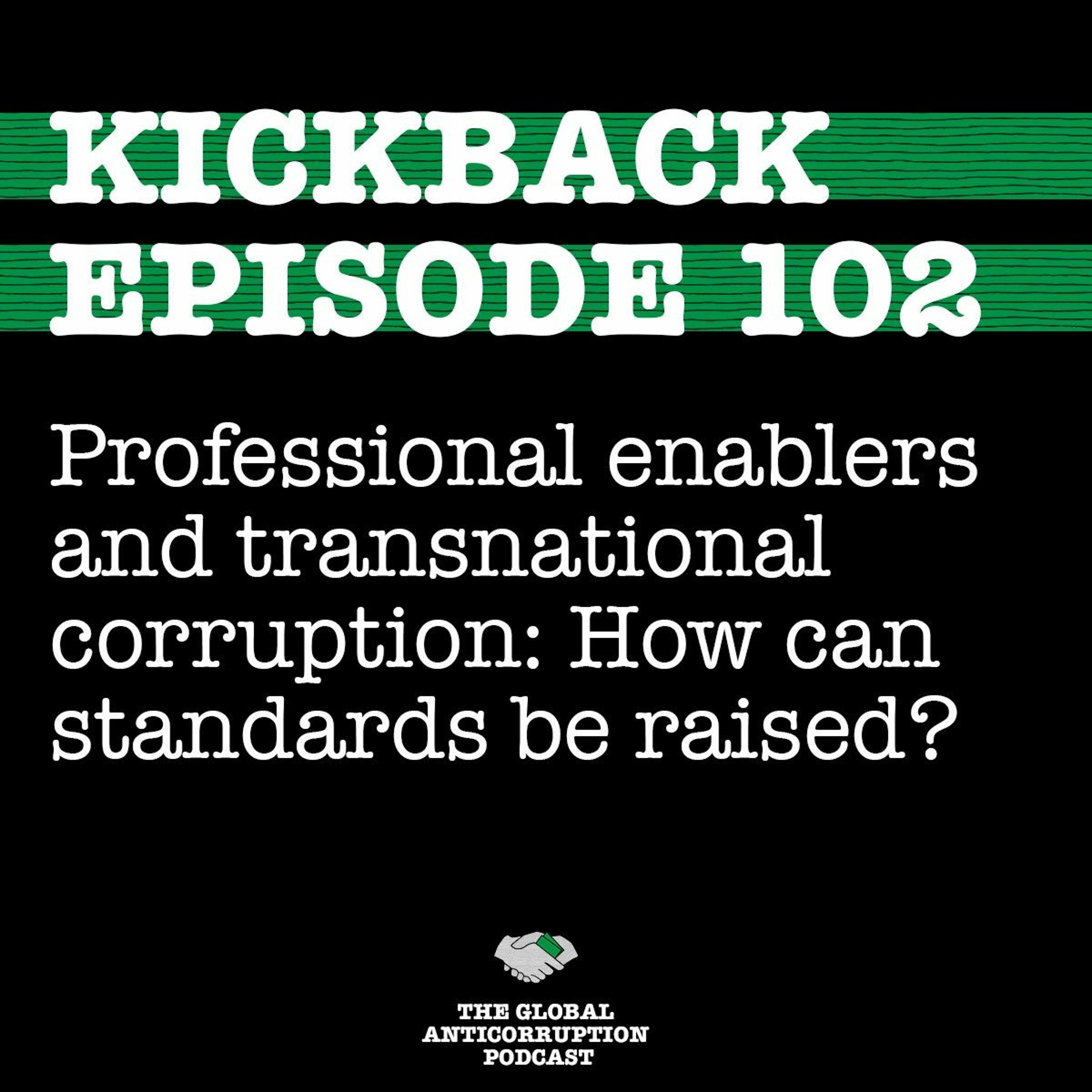

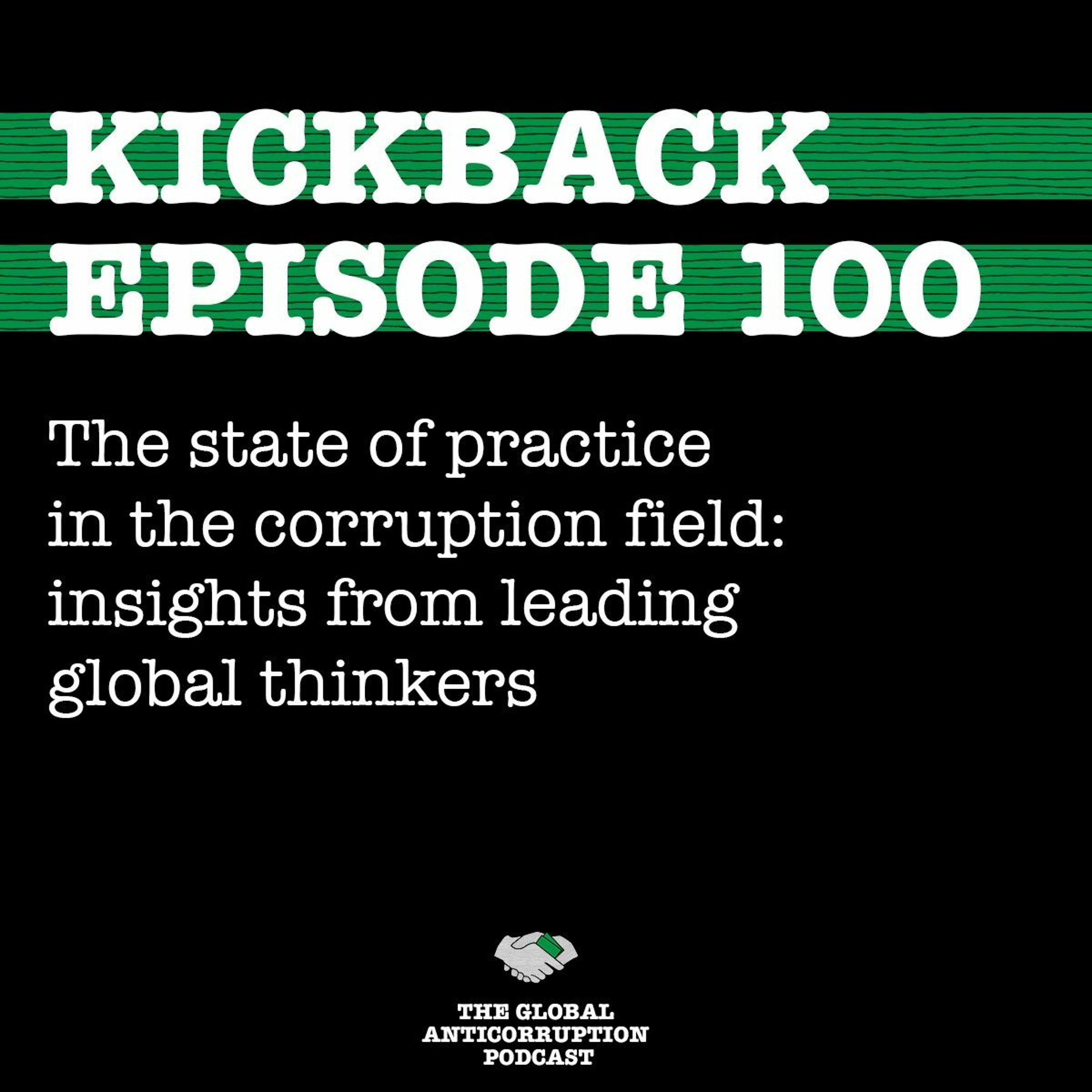

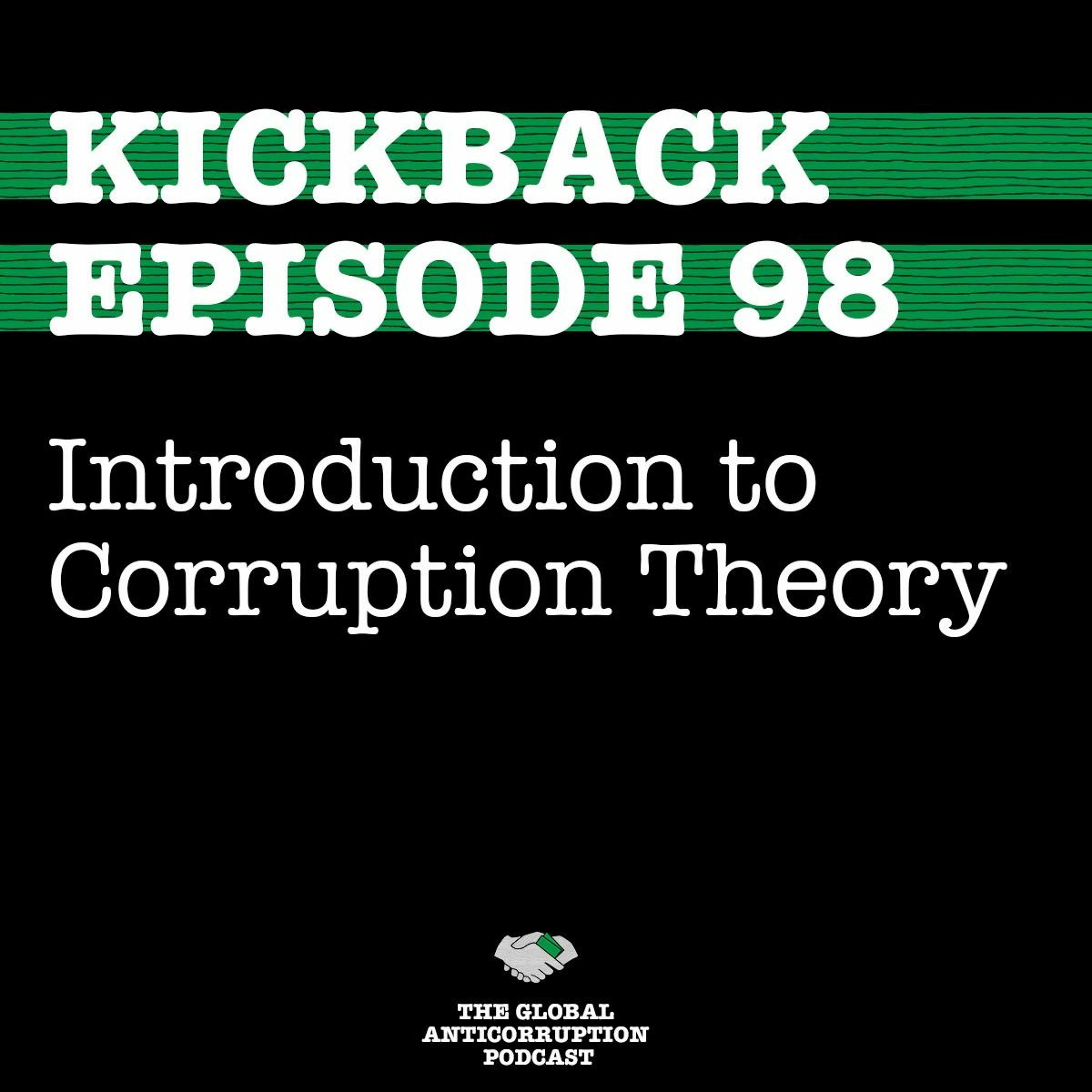

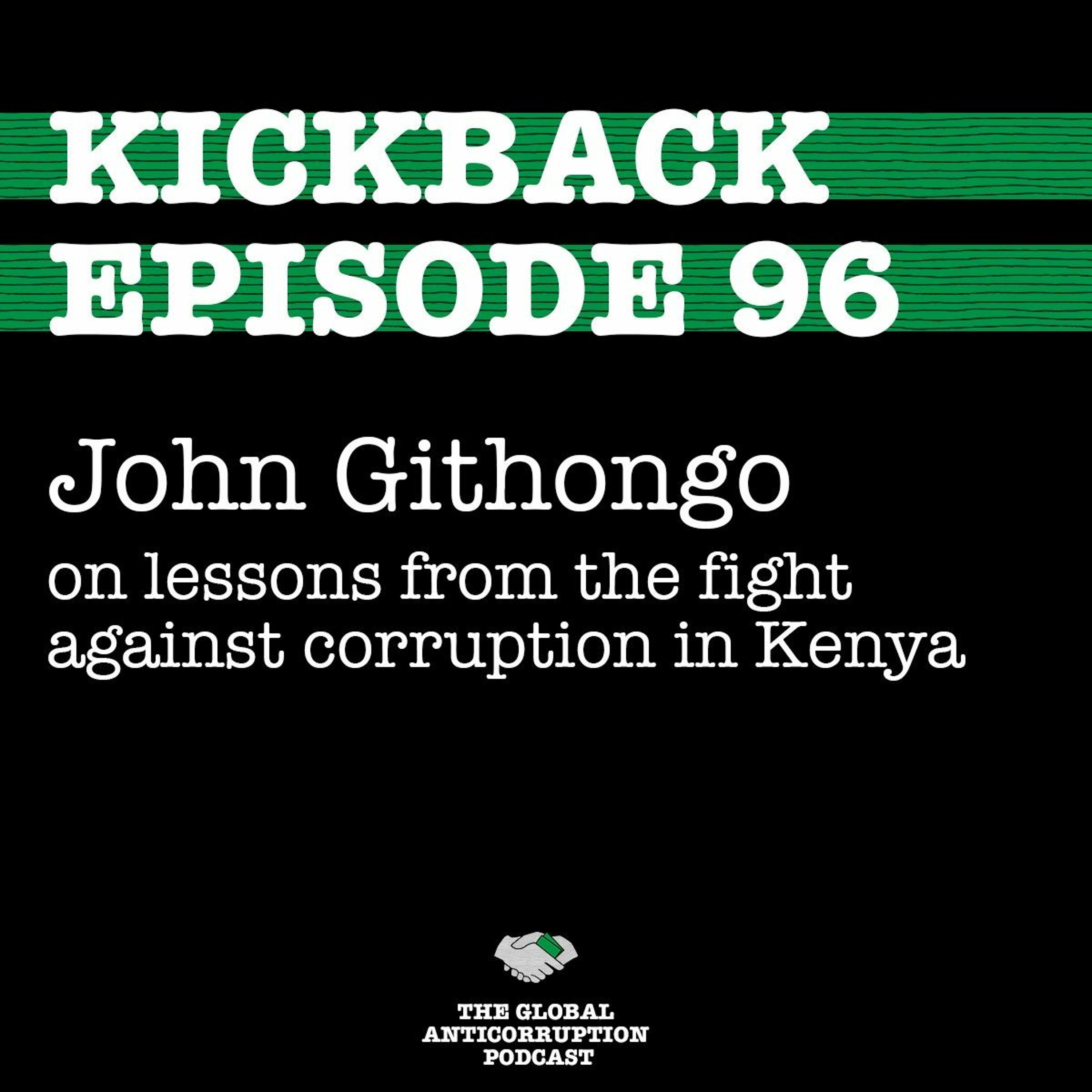

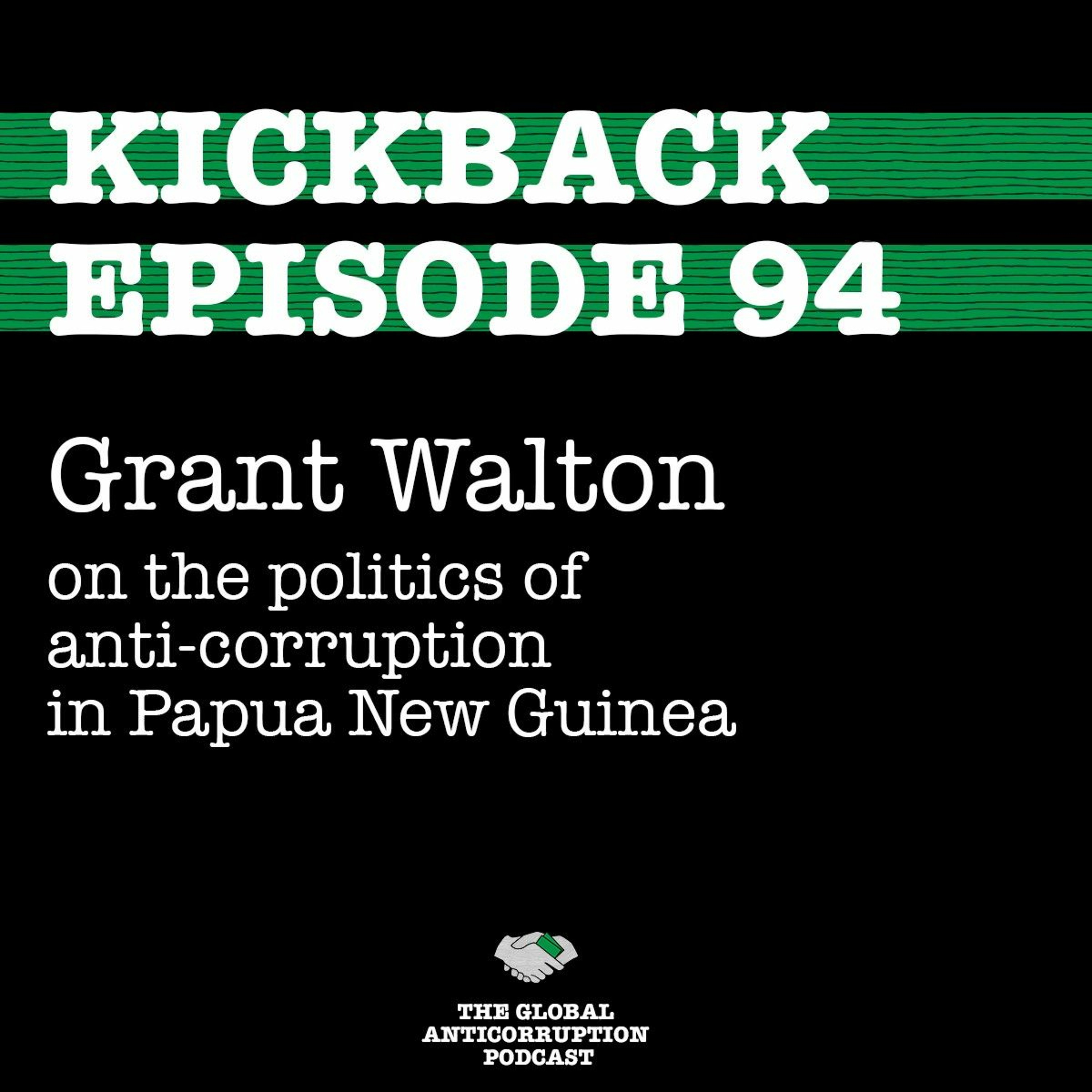





I think episode 0 is deleted or somehow have a problem. I cannot download it or listen to it while I downloaded episodes 1 and 2 successfully. BTW thank you for good content you provided!
The common way to standardise is incidents per thousand which ‘disadvantages states like Wyoming over California’. Apparently. Otherwise an interesting topic with some insight into the complexity of measuring Criminal Justice